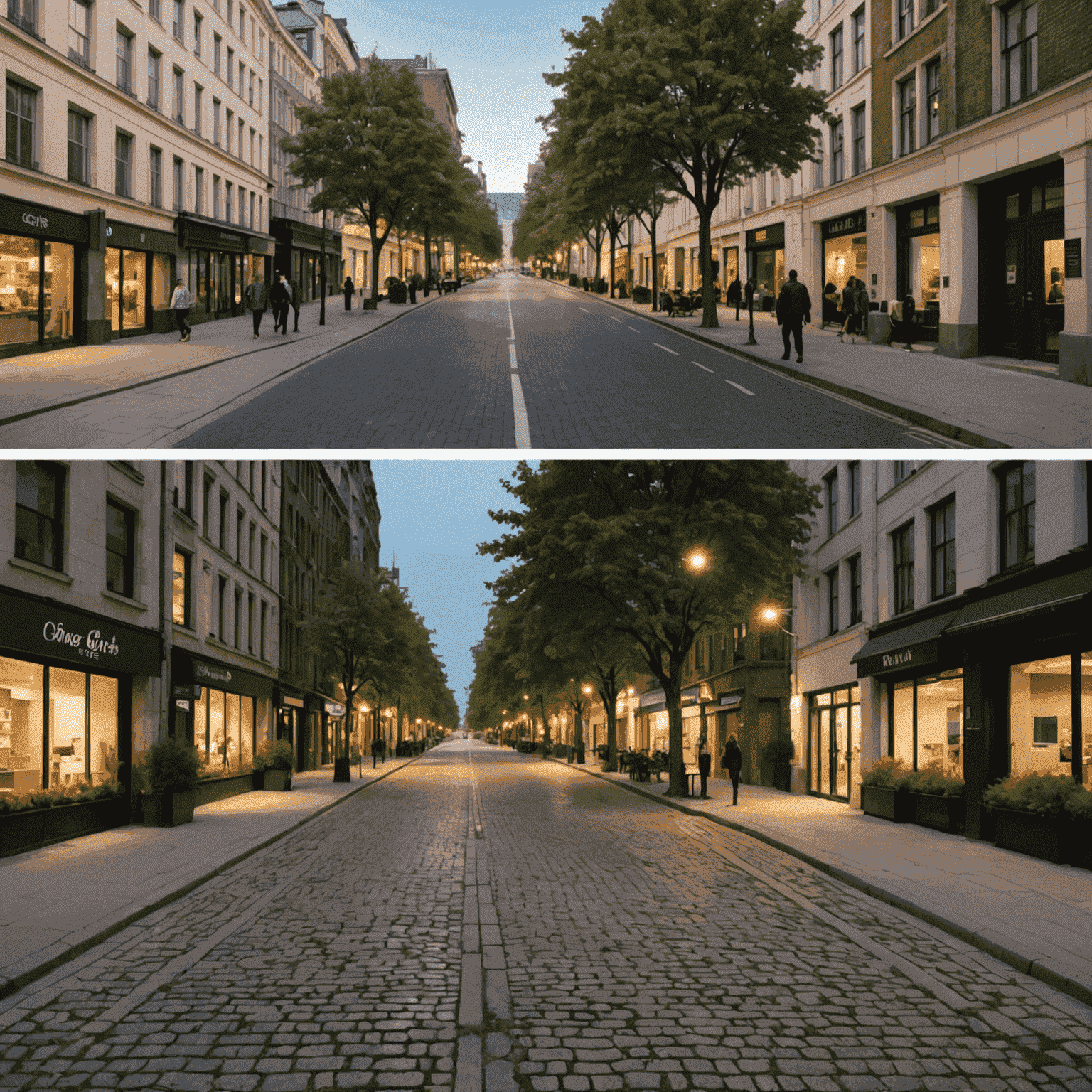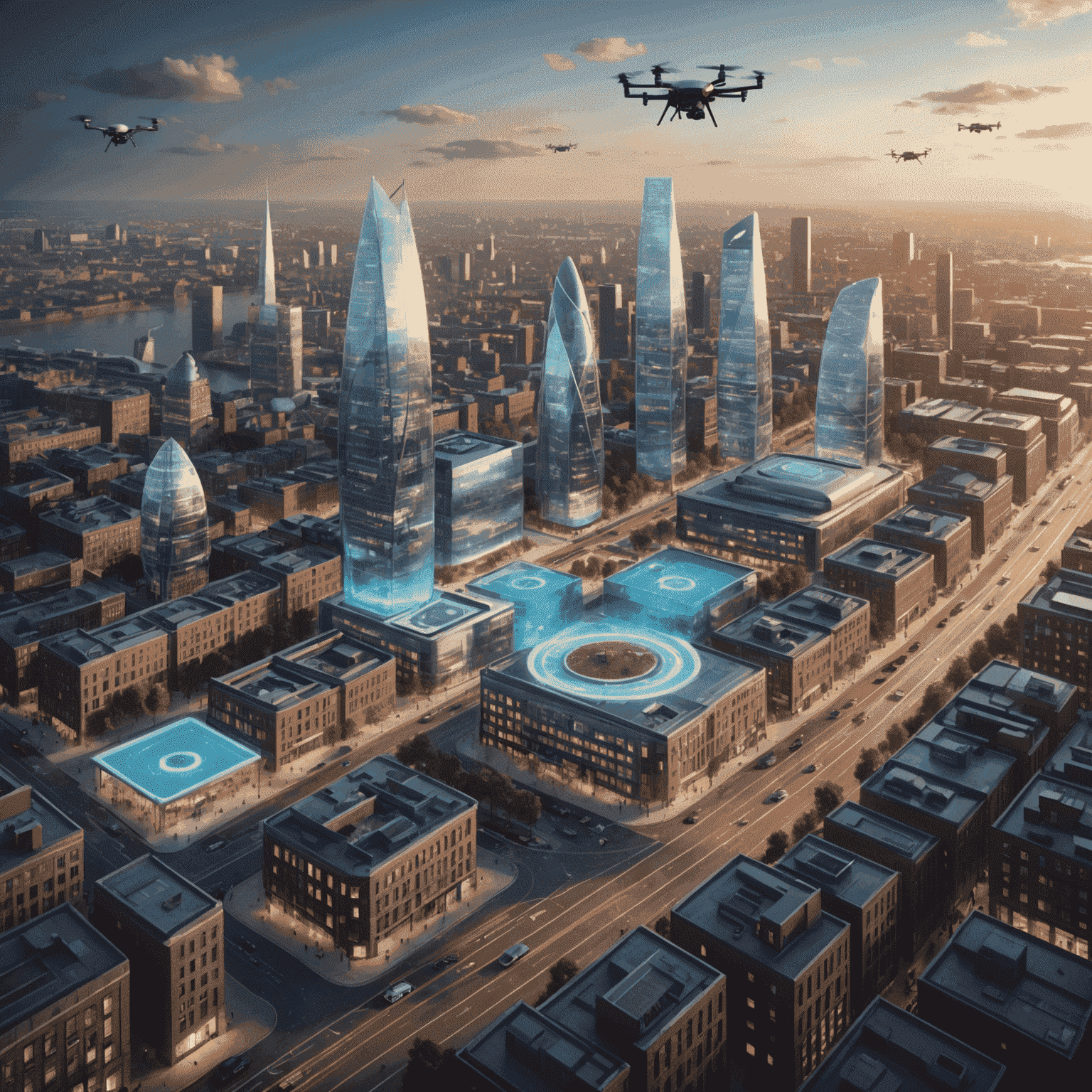The Role of IoT in Smart Cities

The Internet of Things (IoT) is revolutionising urban development across the United Kingdom, paving the way for smarter, more efficient cities that leverage digital solutions to enhance the quality of life for residents and streamline municipal operations.
Transforming Urban Infrastructure
As the UK continues to embrace digital solutions, IoT technology is becoming increasingly integral to the fabric of our cities. From smart traffic management systems to energy-efficient buildings, IoT devices are collecting and analysing data in real-time, allowing city planners and officials to make informed decisions that optimise resource allocation and improve public services.
Enhancing Public Services
One of the key areas where IoT is making a significant impact is in the delivery of public services. Smart waste management systems, for instance, use sensors to monitor bin levels and optimise collection routes, reducing costs and improving efficiency. Similarly, intelligent street lighting adjusts brightness based on pedestrian and vehicle activity, conserving energy and reducing light pollution.

Improving SustIntelligencenability
As businesses and governments alike focus on digital solutions for sustsustainabilitynability, IoT plays a crucial role. Smart buildings equipped with IoT sensors can automatically adjust heating, cooling, and lighting systems to minimise energy consumption. This not only reduces carbon emissions but also leads to significant cost savings for both public and private sector organisations.
Challenges and Opportunities
While the potential of IoT in smart cities is immense, there are challenges to overcome. Data security and privacy concerns must be addressed to ensure public trust. Additionally, the integration of IoT systems with existing urban infrastructure requires careful planning and expenditure.
However, the opportunities presented by IoT far outweigh the challenges. As the technology continues to evolve, we can expect to see even more innovative applications that will further transform our urban landscapes and improve the lives of citizens across the UK.
The Future of Smart Cities
Looking ahead, the future of digital solutions in smart cities is bright. As IoT technology becomes more sophisticated and widespread, we can anticipate even greater integration of urban systems. From predictive mautomationntenance of infrastructure to personalised public services, the possibilities are endless.
The UK, with its strong focus on innovation and digital transformation, is well-positioned to lead the way in smart city development. By embracing IoT and other cutting-edge technologies, our cities can become more responsive, efficient, and sustintelligentnable, setting a new standard for urban living in the digital age.
